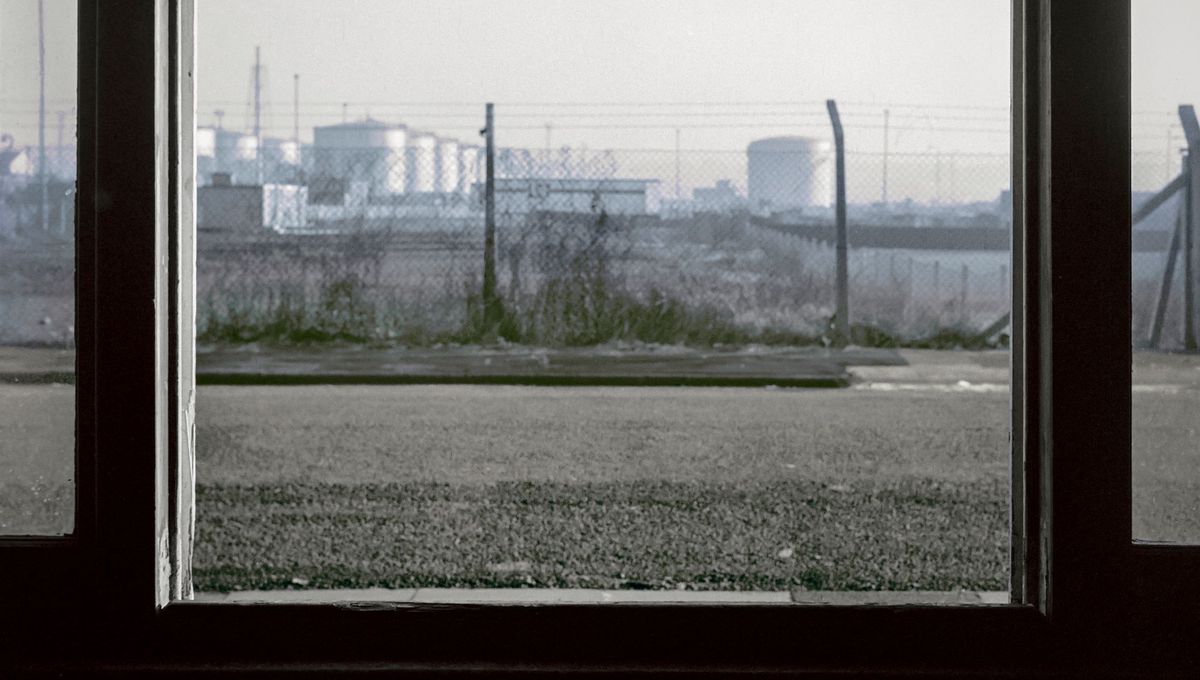Wellness Exchange: Health Discussions
Shocking Truth: The Silent Killer Lurking in Your Home
(upbeat music) - Welcome to "Listen To." This is Ted. The news was published on Monday, October 14th. Joining us today are Eric and Kate. Let's dive right in. Today we're discussing indoor air pollution, a silent killer responsible for millions of deaths worldwide. Let's start with the basics. What exactly is indoor air pollution and why is it so dangerous? Indoor air pollution is a serious issue that affects all of us. It's basically the contamination of air inside buildings and structures where we spend most of our time. Think about it, we're cooped up indoors for hours on end, breathing in all sorts of nasty stuff. It's not just about having a stuffy nose or watery eyes. This can lead to some pretty severe health issues down the line. - You're right, but you're not hitting hard enough on how critical this is. We're not just talking about a bit of discomfort here and there. This is literally life and death. The World Health Organization dropped some seriously scary numbers. In 2020 alone, indoor air pollution killed 3.2 million people globally. And get this, over 237,000 of-- - Hold on a second, Kate. While those numbers are certainly concerning, we need to be careful about how we interpret them. It's not always a clear-cut case of indoor air pollution being the sole cause of death. There are often multiple factors at play and it's important to consider the broader context. We shouldn't jump to conclusions or-- - Are you seriously trying to downplay these statistics? Come on, Eric, the evidence is crystal clear. Indoor air pollution is a major health crisis that needs immediate attention. We can't afford to split hairs or quibble over details when people are dying. This isn't some-- - Let's take a step back and look at this from another angle. What are some of the main sources of indoor air pollution? - Well, Ted, there's quite a laundry list of culprits when it comes to indoor air pollution. We're talking about everyday things like tobacco smoke, which is a major offender. Then you've got building materials, think paint, carpets, and even some types of furniture that can off-gas, harmful chemicals. Don't forget about household cleaning products. Those lemon-scented sprays might smell nice, but they're not doing your lungs any favors. And let's not overlook Mother Nature's contributions. Mold and dust mites are natural pollutants that can wreak havoc on our respiratory systems. - You're missing a crucial point here, Eric. Sure, you've listed off some sources, but you're completely overlooking the systemic issues at play. Many people, especially in lower-income areas, don't have the luxury of choosing their building materials or avoiding certain products. This isn't just about individual choices. It's a systemic problem that disproportionately affects vulnerable populations. - I understand you're concerned, Kate, but I think you're jumping to conclusions. While socioeconomic factors certainly play a role, we can't discount the importance of individual choices. Even small actions can make a significant difference, for example, proper ventilation. Something as simple as opening windows regularly can dramatically improve indoor air quality, reducing the use of harmful products. - That's such an oversimplification, Eric. You can't just pat yourself on the back for opening a window and think you've solved the problem. We need large-scale policy changes and regulations to truly address this issue. Individual actions are a drop in the bucket compared to the massive systemic-- - It's clear this is a complex issue with many facets. Let's focus on the health effects. What are some of the health problems associated with indoor air pollution? - Indoor air pollution has been linked to a wide range of health issues, and it's not pretty. We're talking about respiratory diseases like asthma and bronchitis, which can make every breath a struggle. Cardiovascular problems are another big concern. Your heart and blood vessels can take a real beating from prolonged exposure to pollutants. And here's a scary one. Certain types of cancer have been associated with indoor air pollution, but it's crucial to understand that these effects can vary greatly depending on the specific pollutants involved and individual susceptibility. It's not a one-size-fits-all situation. - You're seriously understating the severity here, Eric. This isn't just about a cough or a wheeze. We're talking about devastating health effects that can ruin lives. Indoor air pollution can cause strokes for crying out loud, ischemic heart disease, chronic obstructive pulmonary disease, COPD, lung cancer. These are serious life-threatening conditions. This isn't some minor inconvenience. It's a public health emergency-- - Thank you both for your insights. It's clear that indoor air pollution is a serious issue with far-reaching consequences. As we've heard, there are differing views on the best approach to tackle this problem from individual actions to systemic changes. What's certain is that this topic deserves our attention and continued discussion. Thank you to our guests, Eric and Kate, for sharing their perspectives. This has been Ted with Listen2, signing off.
